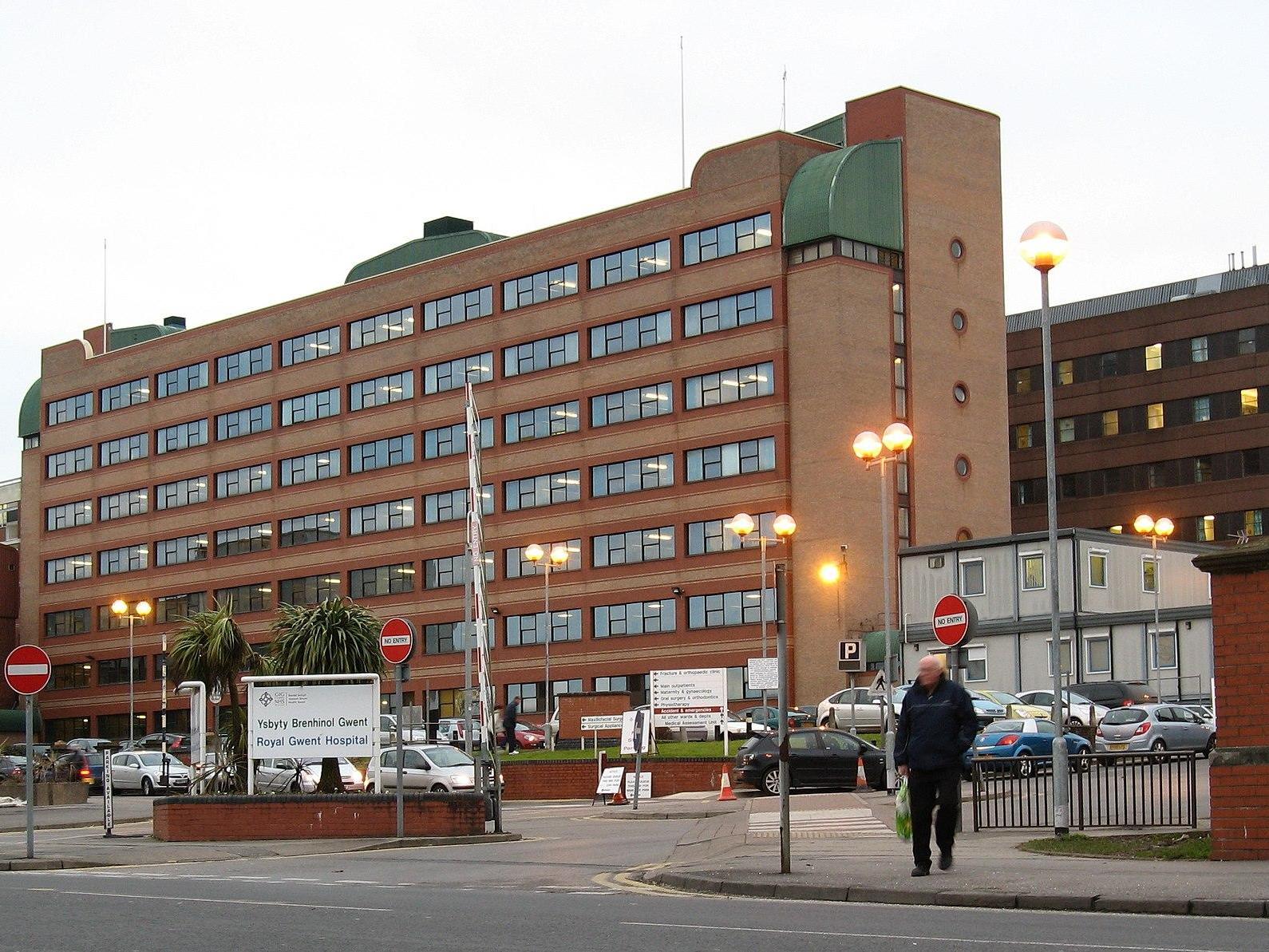Rory McLeod: Patient found dead in hospital showers two days after he was reported missing

A patient was found dead in a hospital shower block two days after he was reported missing from his ward, an inquest has heard.
Rory McLeod, 52, was the subject of a police search before he was discovered inside a locked shower cubicle at the Royal Gwent Hospital in Newport.
On Thursday, an inquest found he died from the combination of a build-up of fat on his liver and a heroin overdose, with Mr McLeod’s body found lying on top of two used syringes.
He had been admitted to the hospital on 31 March after suffering seizures linked to alcohol misuse, and in the week before he went missing instructions were given to call the police if he attempted to leave the site.
Doctors had assessed Mr McLeod as not having capacity to discharge himself after it was discovered he had been leaving the hospital to take the synthetic cannabinoid drug Spice.
But the coroner’s court in Newport heard that by the time he went missing that order was no longer in place after he began displaying “insight into improvements needed”.
Police were told Mr McLeod had absconded from the ward on 11 April and a search of hospital grounds and the nearby area was conducted, while his family also checked spots he was known to frequent.
The following day a cleaner who was attending to the shower cubicles thought one was in use when she was unable to open the door.
She raised the alarm when she returned the next morning and found it was still locked.
Staff broke down the door and found Mr McLeod’s body partially undressed and sprawled on the floor with a cut to his head while lying on top of the two syringes.
CCTV images showed he had left the hospital twice during the morning of 11 April – first at 3.30am and returning at 4.04am, and again at 5.34am and returning at 5.40am – but it was not known when he entered the showers.
No hype, just the advice and analysis you need
Gwent Police detective sergeant Emma Coopey said in a statement there was “no evidence to suggest the death was suspicious and no signs of a disturbance”.
The inquest was told an investigation by Aneurin Bevan University Health Board found staff would not have been able to prevent him from leaving the hospital as he had full capacity and was not under a deprivation of liberty order.
But it did find that if the shower cubicles had signage showing whether they were occupied, staff may have noticed one was continually occupied and been alerted sooner.
It recommended signage should be put in place, as well as more training for deprivation of liberty orders, after one was wrongly written out by a junior doctor for Mr McLeod after he went missing.
Assistant coroner for Gwent, Sarah Le Fevre, said Mr McLeod had a “clear understanding” of his illness and why he was in hospital at the time he went missing.
She said: “I accept the opinion at the time of his disappearance he had capacity and insight into any actions that he took. The investigation found staff took appropriate action.”
Ms Le Fevre recorded a medical cause of death of drug toxicity, a fatty liver and coronary artery disease.
PA
tinyurlis.gdu.nuclck.ruulvis.netshrtco.de
